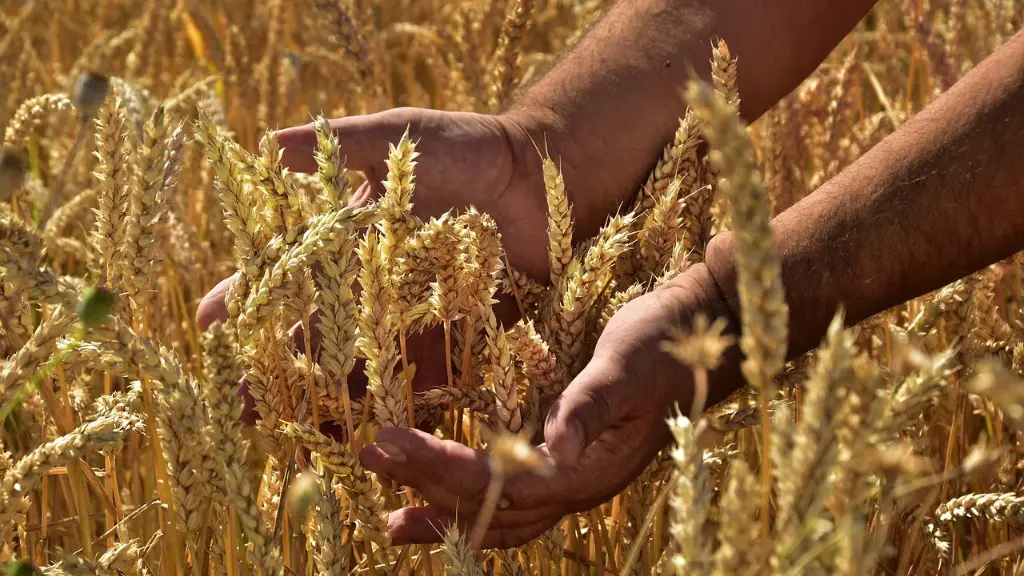Agriculture is the practice of cultivating crops and raising livestock, as well as the science, business, and technology of producing food, fiber, and other desired products by the systematic manipulation of the natural environment. Elementary agriculture is a soil-based, hands-on educational agriculture program for elementary school children provided by teachers and community partners in the United States. It helps children gain an understanding of how food is produced and the natural environment. Elementary agriculture teaches children to recognize plant growth and the environmental adaptations that plants need to thrive. It also enables children to make connections between their experiences in the classroom and their understanding of agricultural production and world food scarcity.
Agricultural Knowledge and Its Significance
Elementary agriculture provides children with agricultural knowledge including field trips, garden projects, and practical educational experiences. Through these activities, the students gain an understanding of the biological, social, and economic aspects of agriculture. This knowledge allows them to understand the interconnections between food, environment, and society and to appreciate the immense complexity of the agricultural industry. It also provides them with the scientific method to examine and solve issues relating to agricultural production, food security, and natural resource exploitation.
Planting and Harvesting
Elementary agriculture provides opportunities for children to develop essential skills such as planting and harvesting crops. Through these activities, they learn the fundamentals of gardening, soil nutrition and the importance of crop rotation in ensuring the health of the soil. It also enables children to observe the various stages of plant growth and the interdependent relationship between plants and their environment.
Food Preparation and Preservation
Elementary agriculture also includes activities focused on food preparation and preservation. Children learn about food safety, nutrition, and the process of canning and preserving food in a way that maintains its flavor and nutritional value. As children are empowered with this knowledge, they understand the environmental impact of food production and how to reduce waste.
Opportunities for Outdoor Exploration and Discovery
Elementary agriculture programs also provide children with opportunities for outdoor exploration and discovery. Through observation and exploration, children discover the different types of plants, animals, and insects that live in their environment and understand the importance of conserving natural resources.
Community Involvement and Connection
Elementary agriculture programs can serve as a platform to educate and empower students to become agents of change in their communities. Through meaningful interactions with farmers, students gain insights on how to manage natural resources and the effects of climate change on agriculture. They also develop an understanding of the challenges that farmers face in producing food and goods for their communities.
The Role of Technology in Agriculture
Elementary agriculture gives children the chance to understand and experience how technology is used in the agricultural industry. This includes the use of drones, satellite imagery and other technology to monitor, map and evaluate crop production and soil conditions. Through these activities, children gain insights on the importance of data collection, analysis, and communication in agricultural production.
Opportunities for Teamwork and Leadership
Elementary agriculture also provides students with opportunities to develop teamwork and leadership skills. This can involve the collaboration of students with their schools, teachers, agricultural professionals and community organizations to develop plans and strategies to improve agricultural production and management. Such activities can help students develop the necessary skills to become successful citizens, agricultural producers and public servants.


